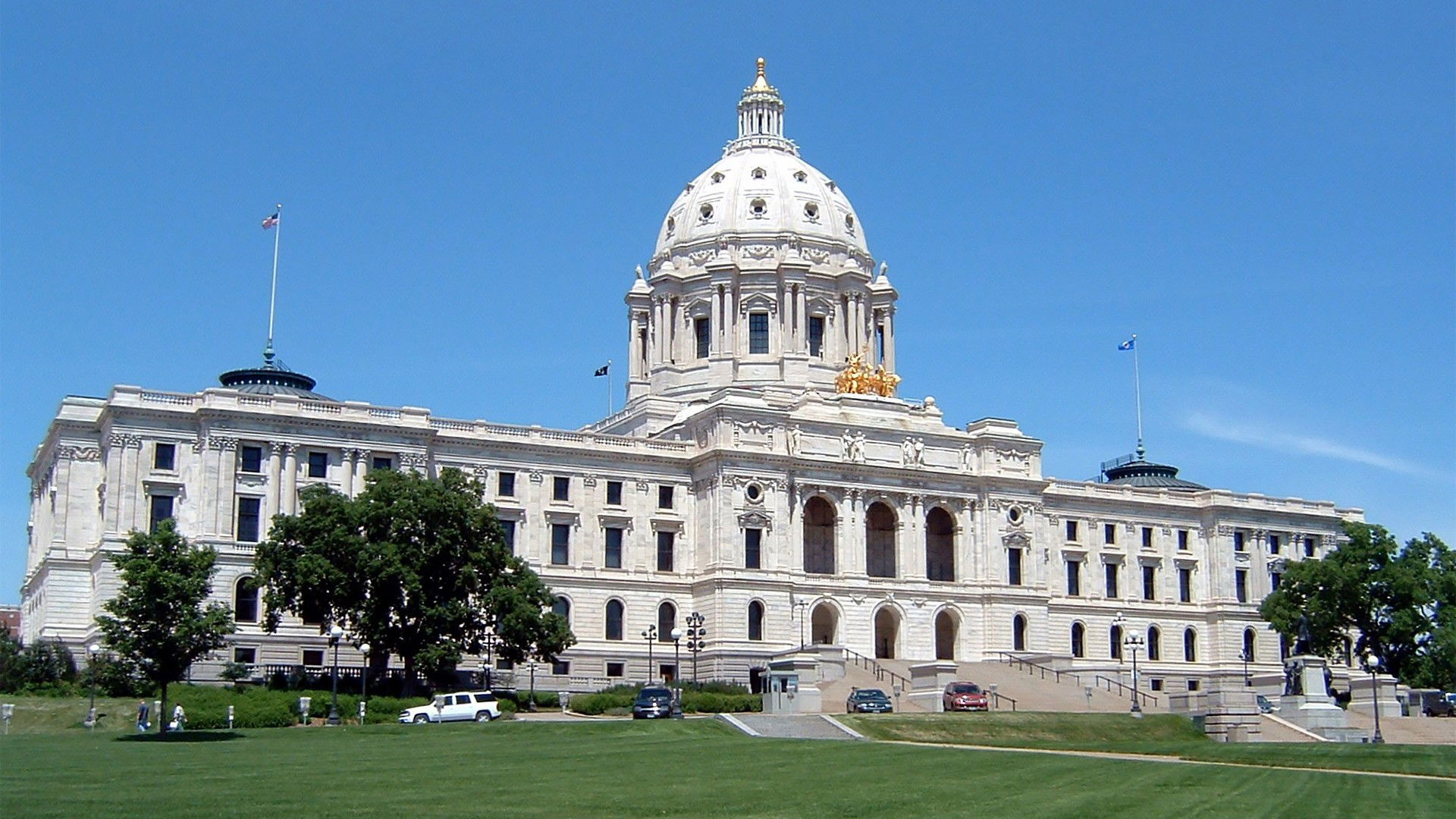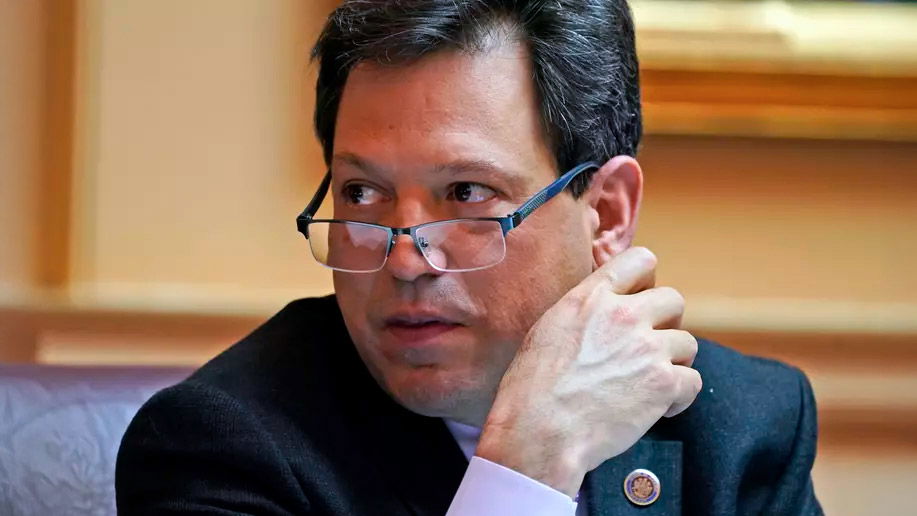Nevada Gaming Control Board advances regulatory reforms amid record gaming revenue

The Nevada Gaming Control Board is set to continue its efforts to streamline regulations in order to strengthen the industry and ensure substantial tax contributions to the state's general fund, officials said on Friday. These efforts are set encompass both revisions and new initiatives.
During a 10-minute presentation to the Joint Interim Standing Committee of the Judiciary on Friday, Control Board Senior Policy Counsel Sebastian Ross, alongside Chairman Kirk Hendrick, outlined the board's legislative priorities ahead of the 2025 session, which begins in February.
Ross announced that the Control Board plans to present two bill drafts to the Legislature in the coming days, though specific details were not disclosed. The committee members did not pose any questions following the presentation, which summarized the board's efforts since the end of the last legislative session.
Key updates include the repeal of 13 regulations, the revision of eight regulations, the update of three surveillance standards, and the approval of six regulations by the commission during its latest monthly meeting on Thursday.
The Control Board is also in the process of replacing its technology operating system, a project funded in 2023 that is expected to take several more months to complete.
Key modifications to streamline regulations include:
- Simplified tax collection for licensees using a gross revenue collection process similar to the Nevada Department of Taxation.
- Amended the process for placing individuals on the List of Excluded Persons by removing outdated out-of-state sources.
- Established new taming technology approval guidelines with specific timeline requirements.
- Implemented the "Nevada One Day Evaluation" (NODE) for swift evaluation of slot machine modifications.
- Launched the "Ante Up Initiative," enabling Control Board agents to perform field test procedures normally conducted by licensees.
Ross emphasized that these regulatory upgrades are designed to keep the industry thriving in the state.
State gaming win continues to soar, with the state recording the best May ever and the eighth-best month in history. May's gaming win was $1.32 billion, a 2.5% increase from May 2023. Through June, the state collected $1.17 billion in gaming tax, a 4.5% increase from the previous fiscal year.
Gaming tax collections have surpassed pre-pandemic levels and exceeded fiscal year forecasts from the state’s Economic Forum in May 2023. Gaming taxes contribute 18.2% of the state general fund revenue, second only to sales tax at 30.4%.
June's gaming win numbers and the final total for the 2023-24 fiscal year are expected to be reported by the Control Board next week.
The Control Board currently employs 363 full-time equivalents across six divisions, including 108 in enforcement, 90 in auditing, 67 in investigations, 39 in technology, and the remaining in tax and licensing and administration.


















































